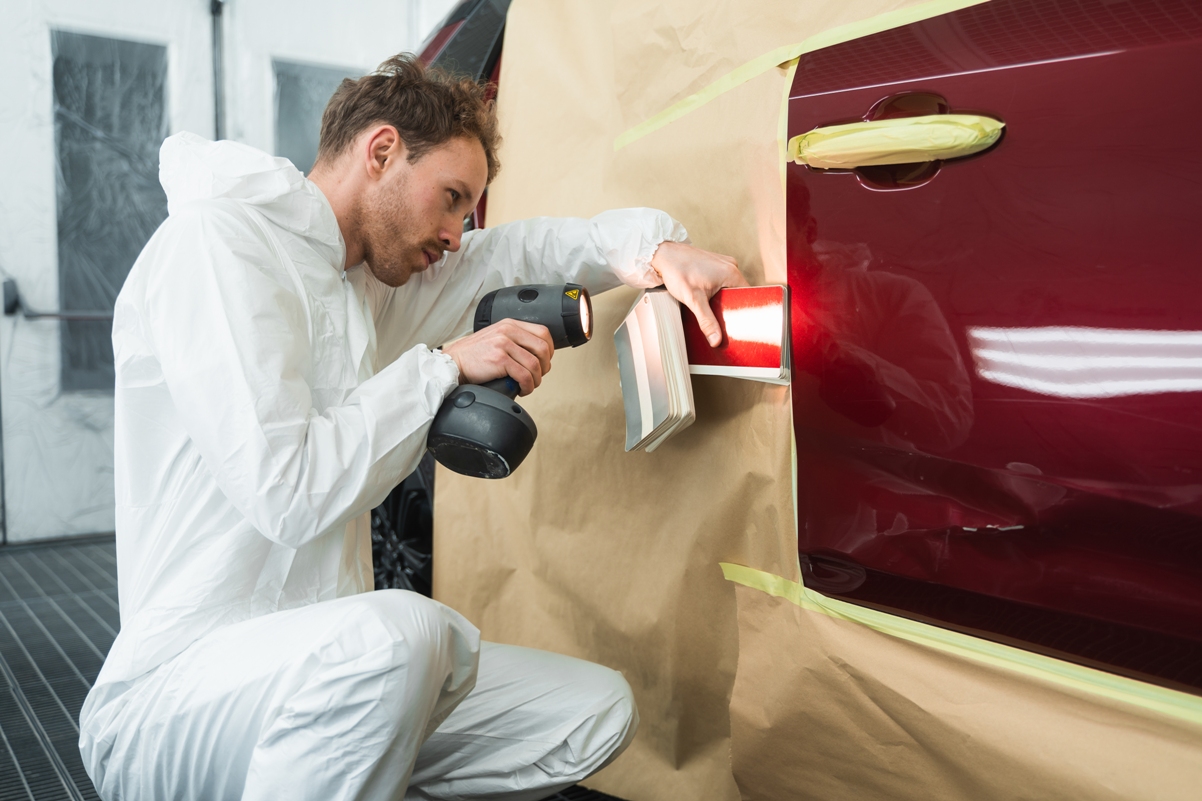Insurance companies’ role.
I admit that it is a tricky question without an obvious answer for everyone. However, I believe that insurance companies – the main payers of the repair bills – push the collision repair industry forward. Some of you may disagree, claiming, not without a good reason, that insurers often prevent bodyshops from having healthy margins and nourish unhealthy competition and excessive consolidation. In fact, these statements are also true. On the contrary, insurance companies are probably the most efficient businesses as to calculating risks and optimizing costs. And yes, repair bills are just costs for them. Being themselves in a very competitive market, insurers push the collision repair industry towards costs optimization, starting from the accident itself all the way to the repaired vehicle delivery to the customer. The repair process must be safe (they hate law suits), smooth (extra communication and claims handling is expensive), and, above all else, fast! Hours billed by bodyshops is the key component of each invoice to be paid, therefore it ought to be as low as possible. This immense pressure from the insurance companies inevitably cause rates cutting, so only the strongest and fine-tuned bodyshops survive. One could feel a victim and cries over it, but the rest of us will think of how to cope with this harsh reality and turn lemons into lemonade.
Conflict of interests?
For the bodyshops though, at first glance, the math is working just the opposite. A bodyshop is earning money according to the hours billed. The more, the better. So, is it a never ending conflict of interests? Not necessarily. A truly productive bodyshop usually has much shorter vehicle repair cycles and substantially more hours billed per day. This idea is extensively covered in the book «The secrets of America’s greatest body shops» by Dave Luehr and Stacey Phillips, which I strongly recommend you to read. Yet, how to achieve the desired productivity? It is easier said than done. In one sentence, productivity depends on each and every person, who is involved even remotely in the repair process. But this is the subject of the next articles.
Economies of scale in a bodyshop.
Coming back to the initial question, I want to stress once again that insurers are not necessarily on the other side. In order to get more business from them, you need to understand their way of thinking and their goals. Faster and cost-efficient repairs mean happier customers, less costs on the curtesy vehicles and better profits. If your bodyshop provides that, then workflow will be continuous, and you will never have to worry about new customers. More work will trigger economies of scale and empower you with greater bargaining power in relations with your suppliers. The last, but not the least, the business with strong relationships with insurance companies will always have much higher price tag in case you desire to sell it! A potential buyer always evaluate the customers base, prior to evaluating premises, equipment, personnel and other financial figures. For me, being able to sell your business at a good price is a recognition of your lifelong effort and success. Keep this in mind…




